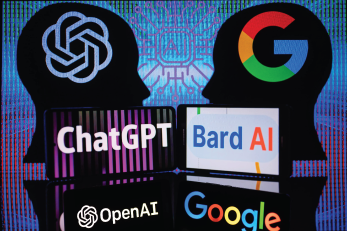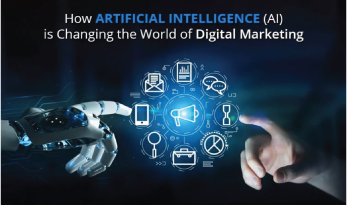1. Enhancing Patient Care
AI is changing the game in patient care by assisting healthcare professionals in diagnosing and treating conditions with remarkable accuracy. Advanced algorithms can analyze medical imaging, lab results, and patient history to identify diseases earlier than ever before. Furthermore, AI holds the powerful potential to predict the occurrence and progression of chronic illnesses, enabling proactive management and personalized treatment plans.
For example, AI-powered tools can flag early signs of diabetic retinopathy in eye scans or detect anomalies in mammograms with precision comparable to or better than human radiologists. These advancements have the potential to save countless lives by enabling timely interventions. However, questions about algorithmic transparency and the reliability of AI-generated diagnoses remain critical areas of discussion.
2. Transforming Medical Research
AI is revolutionizing medical research, particularly in clinical trials. By analyzing massive datasets, AI can identify patterns and correlations that might go unnoticed by human researchers. This capability accelerates drug discovery, improves trial efficiency, and enhances our understanding of complex diseases.
For instance, AI can predict how different populations might respond to a specific treatment, ensuring more inclusive and effective clinical trials. As promising as this sounds, researchers must remain vigilant about the biases that AI systems can inadvertently introduce, potentially skewing results and impacting healthcare equity.
3. Streamlining Administrative Tasks
Administrative tasks, such as scheduling, billing, and documentation, consume significant time and energy in healthcare. AI-powered tools can automate these processes, reducing the administrative burden on healthcare professionals and allowing them to focus more on patient care. By improving efficiency, AI can also help mitigate physician burnout, a growing concern in the medical community.
For example, natural language processing (NLP) algorithms can transcribe and organize clinical notes in real-time, eliminating the need for manual data entry. While these advancements offer immense potential, ensuring the security and privacy of patient data processed by AI systems is paramount.
4. Revolutionizing Medical Education
AI is increasingly becoming a staple in medical education. From virtual reality simulations to AI-driven tutoring systems, it’s reshaping how future healthcare professionals learn and train. Integrating AI into formal medical curricula can better prepare physicians to navigate an AI-enabled healthcare landscape.
Consider AI-powered platforms that help medical students practice diagnostic reasoning through realistic case scenarios. These tools provide immediate feedback, enhancing learning outcomes and building confidence. However, educators must ensure that AI integration complements traditional teaching methods rather than replacing critical human-to-human interactions.
Balancing Opportunity and Responsibility
AI’s potential to revolutionize healthcare is immense, but it’s crucial to approach this transformation with caution. Bias in AI algorithms, often stemming from the data used to train them, can exacerbate existing disparities in healthcare. Moreover, over-reliance on AI systems without proper oversight could compromise patient safety.
As AI technology continues to evolve, the medical community must prioritize ethical considerations, transparency, and rigorous validation of AI tools. Striking the right balance between leveraging AI’s benefits and addressing its challenges will be key to ensuring a future where AI enhances—rather than undermines—the quality of healthcare.
As we navigate this exciting frontier, we’ll continue to explore emerging topics in AI and healthcare here on our blog and on our YouTube channel. Don’t forget to check out our Artificial Intelligence playlist for more insights into how AI is shaping the future of medicine. Stay informed, stay curious, and join us on this journey into the future of healthcare!


